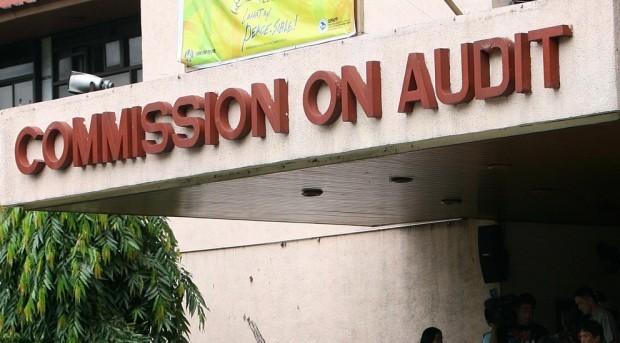COA: CHEd overpaid P130 million to 3 colleges
MANILA, Philippines — The Commission on Higher Education (CHEd) overpaid three public higher educational institutions (HEIs) for tuition and other school fees by P130.99 million due to inadequate control mechanisms.
This was among the findings of the Commission on Audit (COA) on CHEd’s implementation of Republic Act No. 10931, or the Universal Access to Quality Tertiary Education Act.
In a 2021 audit report on CHEd, state auditors noted that the agency disbursed a total of P31.814 billion to state universities and colleges (SUCs) and local universities and colleges (LUCs). The amount was broken down as P14.768 billion for academic year 2018 to 2019 and P17.045 billion for academic year 2019 to 2020.
An audit of CHEd’s payments for reimbursements of tuition and other school fees revealed P130.99 million in overpayments to two SUCs and one LUC for the two academic years.
These were Jose Rizal Memorial State University (JRMSU), which received P103.894 million; University of Science and Technology of Southern Philippines (USTP), P9.292 million; and Tagaloan Community College (TCC), P17.804 million.
Article continues after this advertisementIneligible fees
In the case of JRMSU, the bulk of the disallowances were from additional fees included under development fees, laboratory fees and registration fees, which were deemed “ineligible” under RA 10931.
Article continues after this advertisementAs for USTP, the overbilling was due to the “higher tuition cost per subject billed and paid as against the allowable rate,” and overbilling of computer fees due to the inclusion of library computerization fee, which was not allowed, among others.
In the case of TCC, the overbillings were attributed to the billing of fees beyond the allowed frequency or beyond the allowed rate.
The overpayments were discovered when COA compared the amount of tuition and other school fees paid by CHEd, to certified rates.
“There were instances wherein the rate used for a specified fee in the free higher education billings was above the prescribed/fixed rate in the certified tuition and other school fees of a particular HEI,” the audit report noted.
In other cases, some fees were charged beyond the prescribed frequency, while others were included in the billings even if these were not covered under RA 10931.
Deficient control mechanism
“Overpayments are largely attributable to deficient control mechanism in both the Unified Student Financial Assistance System for Tertiary Education (UniFAST) and accounting division of CHEd central office to prevent overcharging or detect and capture ineligible fees billed by SUCs and CHED-recognized LUCs,” state auditors said.
Although the UniFAST initially used a billing checker, CHEd’s billing assistants were “constrained to manually check the free higher education billings of SUCs and CHED-recognized LUCs because there were disallowances … which the billing checker failed to detect.”
The UniFAST later discontinued the use of the billing checker because it was not fully developed, while COA noted that the six billing assistants hired under contract of service agreements were not enough to accommodate the claims of 215 HEIs seeking reimbursement.
“Consequently, heavy workloads affected the efficiency and effectiveness of the billing assistants in checking the accuracy, consistency and regularity of the free higher education billings,” the audit body said.
The CHEd accounting division’s review process was also “inadequate” and “incapable of detecting overbillings” since the pre-audit procedures were limited to checking if the forms were originally signed by the required officials and counter-checking of total amounts.
The accounting division did not have a copy of the certified tuition and other school fees from public HEIs, without which the unit “could not reasonably expect to identify overbillings,” the COA said.
State auditors also found that reimbursements totaling P277.655 million were deemed unwarranted or of doubtful validity. This was after some LUCs “still claimed reimbursement of tuition and other school fees even though they [were] fully subsidized by their respective local government,” contrary to RA 10931.
